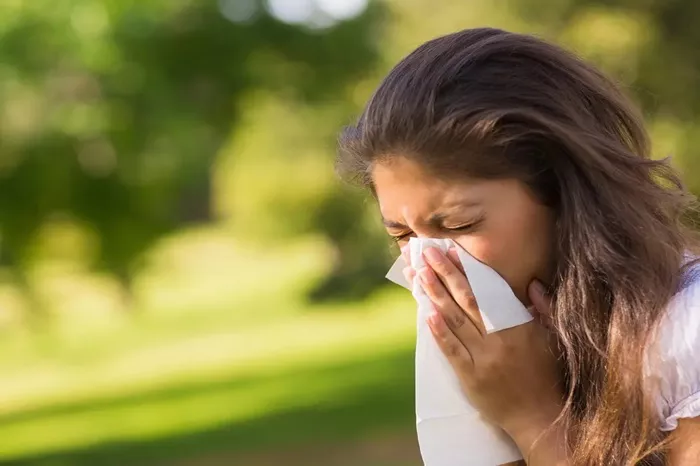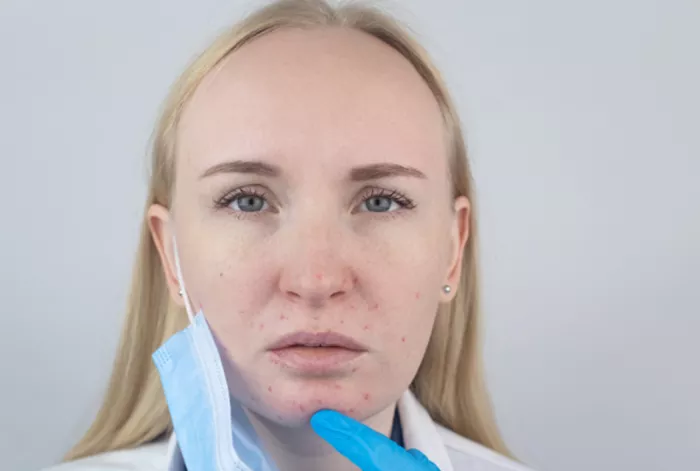Summer is a season of sunshine, outdoor activities, and vacations. However, for many people, it also brings a less welcome guest: summer allergies. These allergies can cause a range of symptoms, from sneezing and runny noses to itchy eyes and asthma flare-ups. This article explores the causes of summer allergies, effective treatment strategies, and preventive measures to help you enjoy the season to the fullest.
Understanding Summer Allergies
Common Triggers
Summer allergies are typically triggered by airborne allergens such as pollen, mold spores, and dust mites. During the summer months, trees, grasses, and weeds release pollen into the air, which can cause allergic reactions in sensitive individuals. Common plants that produce allergenic pollen include ragweed, timothy grass, and bermuda grass.
Symptoms of Summer Allergies
The symptoms of summer allergies can vary in severity and may include:
Sneezing
Runny or stuffy nose
Itchy, watery eyes
Itchy throat or ears
Postnasal drip
Coughing
Wheezing or shortness of breath
Asthma exacerbations
How Allergies Develop
Allergic reactions occur when the immune system mistakenly identifies a harmless substance, such as pollen, as a threat. The body responds by releasing histamines and other chemicals to combat the perceived invader, leading to the symptoms associated with allergies. Understanding this mechanism is key to managing and treating allergies effectively.
Diagnosis and Testing
Identifying Allergens
The first step in treating summer allergies is identifying the specific allergens causing your symptoms. This can be done through allergy testing, which includes skin prick tests and blood tests. Skin prick tests involve exposing the skin to small amounts of common allergens and observing the reaction. Blood tests measure the level of specific antibodies produced in response to allergens.
Consulting an Allergist
If you suspect you have summer allergies, it’s important to consult an allergist or healthcare provider. They can conduct a thorough evaluation, perform necessary tests, and develop a personalized treatment plan. An accurate diagnosis is essential for effective management of allergy symptoms.
Effective Treatments for Summer Allergies
1. Antihistamines
Antihistamines are commonly used to relieve sneezing, runny nose, and itchy eyes. They work by blocking the action of histamines, the chemicals responsible for allergy symptoms. Common OTC antihistamines include loratadine (Claritin), cetirizine (Zyrtec), and fexofenadine (Allegra).
2. Decongestants
Decongestants can help relieve nasal congestion by shrinking swollen blood vessels in the nasal passages. They are available in oral and nasal spray forms. Pseudoephedrine (Sudafed) is a common oral decongestant, while oxymetazoline (Afrin) is a popular nasal spray. However, nasal sprays should not be used for more than a few days to avoid rebound congestion.
3. Nasal Corticosteroids
Nasal corticosteroid sprays, such as fluticasone (Flonase) and triamcinolone (Nasacort), are effective in reducing inflammation and relieving nasal symptoms. They are often recommended for regular use during allergy season for optimal control of symptoms.
4. Prescription Medications
For more severe or persistent allergy symptoms, prescription medications may be necessary. These can include:
5. Stronger Antihistamines and Decongestants
If OTC medications are not effective, your doctor may prescribe stronger antihistamines or decongestants.
6. Leukotriene Receptor Antagonists
Medications like montelukast (Singulair) can help block the action of leukotrienes, which are chemicals involved in allergic reactions. They are particularly useful for individuals with both allergies and asthma.
7. Allergy Shots (Immunotherapy)
Allergy shots, or immunotherapy, involve regular injections of small amounts of the allergen. Over time, this can help desensitize the immune system, reducing the severity of allergic reactions. This treatment is typically considered when other medications are not effective or not well-tolerated.
8. Saline Nasal Irrigation
Saline nasal irrigation, such as using a neti pot, can help flush out allergens and mucus from the nasal passages. This can provide relief from congestion and reduce exposure to allergens.
9. Butterbur Extract
Butterbur is a plant extract that has been shown to have antihistamine properties. Some studies suggest that butterbur may be as effective as traditional antihistamines in reducing allergy symptoms.
10. Quercetin
Quercetin is a flavonoid found in many fruits and vegetables. It has natural antihistamine and anti-inflammatory properties. Some people take quercetin supplements to help manage their allergy symptoms.
11. Local Honey
Consuming local honey is a popular folk remedy for allergies. The idea is that it may help desensitize the immune system to local pollen. While scientific evidence supporting this remedy is limited, some individuals report symptom relief.
Preventive Measures
Minimizing Allergen Exposure
One of the most effective ways to manage summer allergies is to minimize exposure to allergens. Here are some strategies to consider:
Monitor Pollen Counts
Keep track of daily pollen counts in your area. On days when pollen levels are high, try to stay indoors as much as possible, especially during peak pollen times (typically early morning and late afternoon).
Keep Windows Closed
To prevent pollen from entering your home, keep windows and doors closed, especially during high pollen periods. Use air conditioning to maintain a comfortable indoor temperature.
Shower and Change Clothes
After spending time outdoors, take a shower and change your clothes to remove pollen that may have accumulated on your body and clothing. This can help reduce indoor pollen exposure.
Use HEPA Filters
High-efficiency particulate air (HEPA) filters can help remove allergens from the air in your home. Consider using a HEPA filter in your air conditioning system or purchasing a standalone air purifier for your bedroom.
Maintaining a Clean Environment
Keeping your living environment clean can also help reduce allergen exposure:
Regular Cleaning: Regularly clean your home to remove dust, pet dander, and pollen. Use a vacuum cleaner with a HEPA filter and damp dust surfaces to prevent stirring up allergens.
Wash Bedding Frequently: Wash your bedding, including pillowcases, sheets, and blankets, in hot water at least once a week to remove allergens.
Control Indoor Humidity: Mold thrives in humid environments. Use a dehumidifier to keep indoor humidity levels below 50%, and fix any leaks or water damage promptly to prevent mold growth.
Lifestyle and Dietary Changes
Boosting Your Immune System
A healthy immune system can help mitigate allergy symptoms. Consider these lifestyle and dietary changes:
Eat a Balanced Diet
A diet rich in fruits, vegetables, whole grains, and lean proteins provides essential nutrients that support immune health. Foods high in antioxidants, such as berries, nuts, and leafy greens, can help reduce inflammation.
Stay Hydrated
Drinking plenty of water helps keep your mucous membranes moist and can reduce the severity of allergy symptoms. Aim for at least eight glasses of water per day.
Exercise Regularly
Regular physical activity can help boost your immune system and reduce inflammation. Aim for at least 30 minutes of moderate exercise most days of the week. However, be mindful of outdoor pollen levels and consider indoor workouts on high pollen days.
Reducing Stress
Stress can exacerbate allergy symptoms by weakening the immune system. Incorporate stress-reducing practices into your routine:
Mindfulness and Meditation
Practicing mindfulness and meditation can help reduce stress and improve overall well-being. Set aside time each day for these practices to help manage stress levels.
Adequate Sleep
Getting enough sleep is crucial for a healthy immune system. Aim for 7-9 hours of quality sleep each night to support your body’s natural defenses.
Conclusion
Summer allergies can significantly impact your quality of life, but with the right strategies, you can manage and reduce your symptoms. By understanding the causes of summer allergies, seeking appropriate medical treatment, and implementing preventive measures, you can enjoy the summer season with minimal discomfort. Whether you opt for conventional medications, natural remedies, or lifestyle changes, a comprehensive approach to managing summer allergies will help you breathe easier and make the most of the sunny days ahead.
[inline_related_posts title=”You Might Be Interested In” title_align=”left” style=”list” number=”6″ align=”none” ids=”9638,9591,9587″ by=”categories” orderby=”rand” order=”DESC” hide_thumb=”no” thumb_right=”no” views=”no” date=”yes” grid_columns=”2″ post_type=”” tax=””]
































